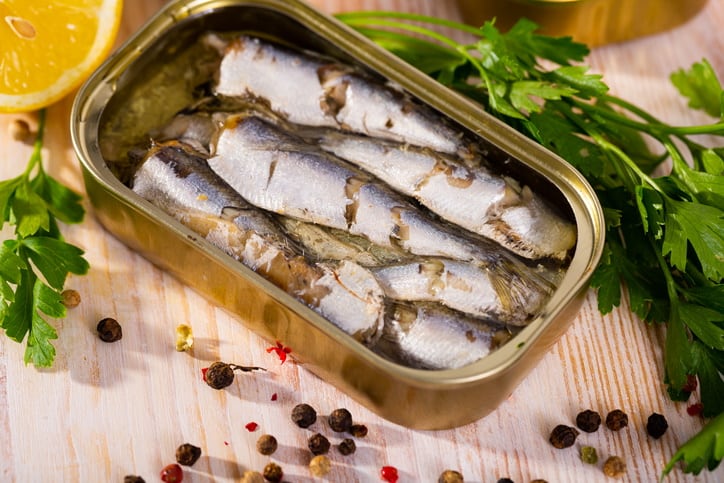Most recently, SPAR International’s sales data suggested that COVID-19 has fast-tracked demand for foods that are seen as healthy and sustainable.
Danone meanwhile has said the link between the microbiome and other health benefits will play an important role in its future as it flagged immunity benefits, gut health and mental health as "emergent need-states" for consumers.
But last week, Kantar's latest ranking of the world's largest food and beverage brands revealed the shift in consumer behaviour towards indulgence during lockdowns.
Coca-Cola, Red Bull, Pepsi and Diet Coke were all riding high in the standings. New entrants this year included Lindt and Oreo. These brands have clearly gained from the swing in consumer behaviour towards indulgence, Kantar said.
New data released today by the Institute of Fiscal Studies confirms the pandemic led to a big increase in calorie consumption among consumers. Using data on millions of food and non-alcoholic drink purchases from stores, takeaways and restaurants in the UK, the analysis shows that by May 2020, total calories were 15% above normal levels. During the second half of 2020, they were still, on average, 10% higher than usual.
A large and sustained increase in at-home calories more than offset reductions in calories eaten out, the report said.
There was a large increase in calories from takeaways, which peaked at more than double usual levels in the UK’s second national lockdown in November 2020. Calories purchased from supermarkets and grocery stores were also more than 10% above normal levels throughout the pandemic. Together, these more than offset reductions in calories from dine-in restaurants. In total, 90% of households increased their calorie intake, with the largest rises for the wealthiest households.
Interestingly, the research found that people overall increased their calories from raw ingredients by more than those from ready-to-eat meals and snacks and treats. The pandemic therefore led to a shift in the balance of calories towards foods that required home preparation: a fact at odds with the notion that scratch cooking with raw ingredients indicates rising health concerns among consumers.
“Yes, people seem to be buying and eating more, but getting a greater fraction of their calories from raw ingredients,” Kate Smith, Associate Director at the IFS, told FoodNavigator. “We break down the increase in at-home calories into those from ingredients, ready-to-eat foods, snacks and treats, and fruit and veg. We find calories from all of these different food types increased, but the largest rise was for ingredients. Thus people got a greater share of their total calories from ingredients.”
Although the data cover food purchases, not consumption, and don’t take exercise levels into account, she added: “We think increased consumption is the most likely explanation for the rise in purchases. We show in the report that changes in household composition (e.g. people moving in together), food waste and stocking up are not likely to have explained the large increases in calorie purchases that we find.”
The research is also significant therefore as it suggests the home working trend -- likely one that ‘sticks’ post-pandemic – could aggravate obesity levels and with it more draconian measures imposed on the food industry.
“Our findings suggest that increased home working may partly explain the rise in calorie consumption — if this persists and people continue to eat more than they did before the pandemic, then this will make it more difficult to deal with challenges of obesity and poor diet,” said Smith.
Martin O’Connell, Deputy Research Director at IFS, added: “An important question for policymakers is whether higher calorie consumption persists as we emerge from the pandemic. Our findings point towards increased home working as a factor in driving higher calorie consumption. This could exacerbate the challenge of improving population diet and reducing obesity levels.”





